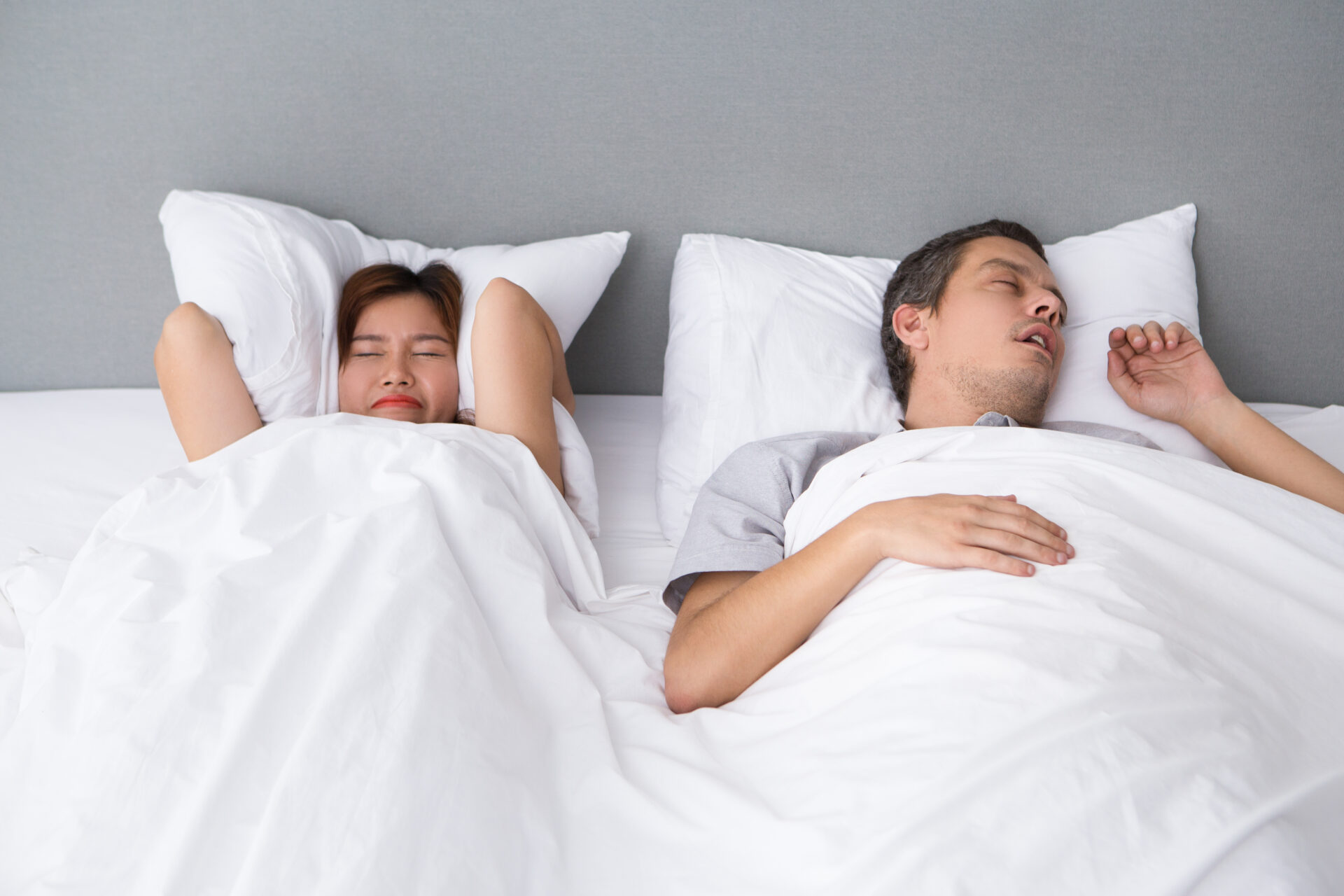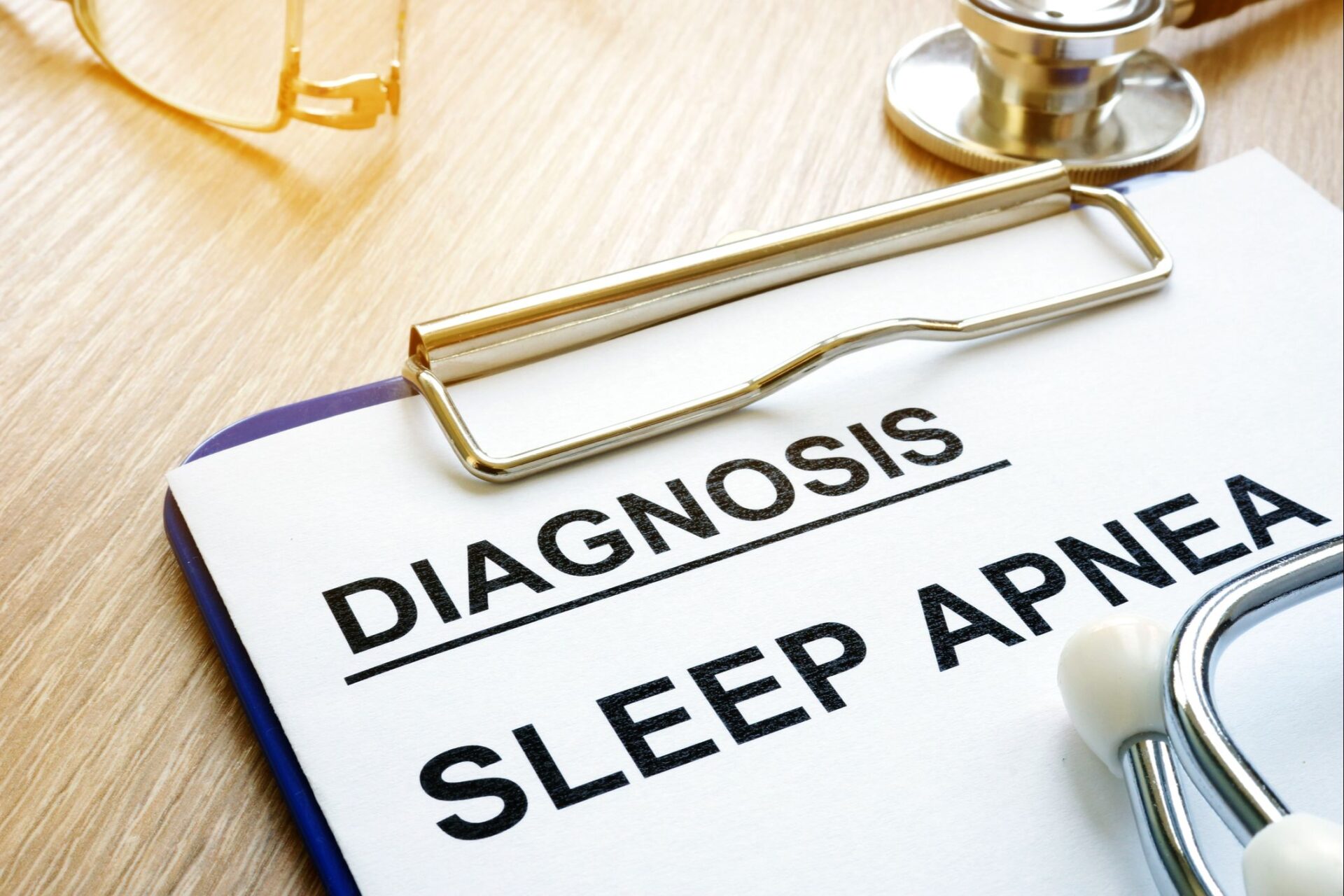Sleep Apnea
If you snore loudly and feel tired even after a full night’s sleep, you might have sleep apnea.
Sleep apnea is a sleep disorder in which breathing repeatedly stops and starts. If you snore loudly and feel tired even after a full night’s sleep, you might have sleep apnea.
To diagnose sleep apnea, your healthcare provider will perform a sleep study. A breathing device known as a CPAP machine and lifestyle changes are common in sleep apnea treatments.
There are two types of Sleep Apnea;

Obstructive Sleep Apnea
Obstructive sleep apnea (OSA), which is the more common form that occurs when throat muscles relax and block the flow of air into the lungs.
Central Sleep Apnea
Central sleep apnea (CSA), occurs when the brain doesn’t send proper signals to the muscles that control breathing. This is much less common.
The most common symptoms of obstructive sleep apnea include:
- Loud snoring
- Episodes in which you stop breathing during sleep
- Gasping for air during sleep
- Awakening with a dry mouth
- Morning headache
- Insomnia
- Hypersomnia
- Irritability

Select video blogs from Founder Kimberlymd.com
When should you get tested for sleep apnea?
Life is better when you get enough quality sleep. Imagine waking refreshed, engaging in your work, and creatively solving problems. Unlike the heavy, foggy feeling of sleep deprivation, adequate sleep generally puts a positive spin on life and allows us to be our best selves. In fact, sleep is as important to well-being as diet and exercise! Over the past 20 years, the science behind sleep has exploded. Dr. Kimberly helps filter and break down this information into simple, practical steps that can start improving your sleep today.
Do At-Home Sleep Apnea Studies Work?
If you have a diagnosis of sleep apnea, I bet many of you had a home apnea test, or HAT, for short, to get the diagnosis. Well, you aren’t alone!
Home apnea tests are cheaper, easier, and more comfortable than in-lab polysomnograms (or PSGs), which require spending the night away from home hooked up to a bunch of wires.
With the large number of people out there that need sleep studies, and long wait times to get into a lab, home apnea tests are quickly becoming the most common diagnostic sleep test for obstructive sleep apnea.
Can I Trust My At-Home Sleep Study Results?
In this part 2 of my 2-part series on at-home sleep tests, I’m going to cover who is best suited for having their study done at home vs in the lab, Then I’ll touch on how the differences in the two studies can impact the diagnosis and treatment of your sleep disorder.

